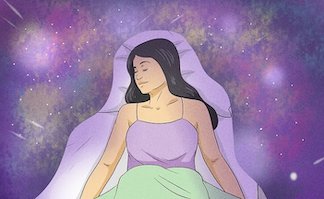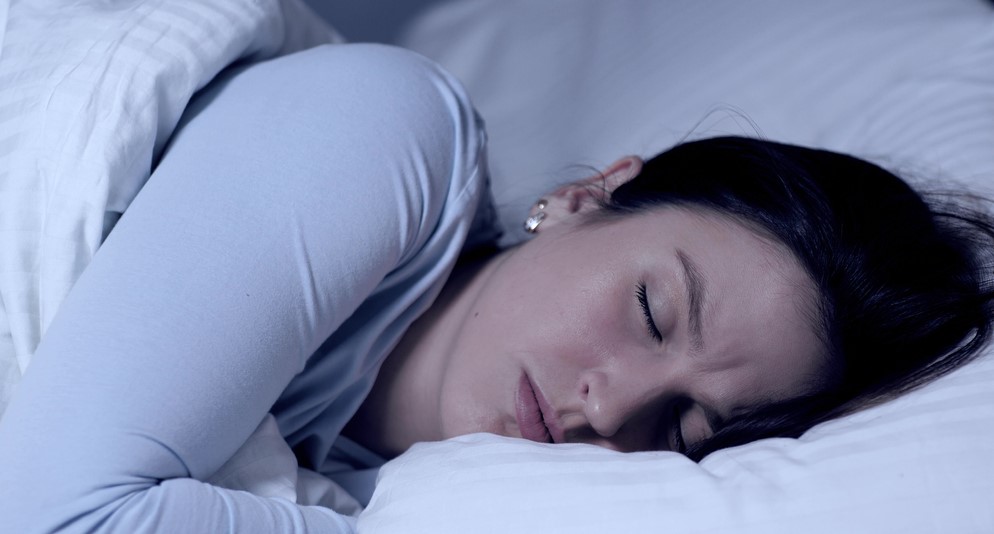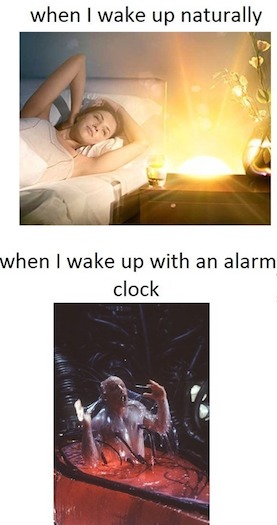Subtle Realm Experience Beats Cancer in Woman

I found this New York Times article to be of particular interest in terms of the Subtle Realm's influence on our lives without our even knowing it. The author was diagnosed with cancer at age 36, and found herself facing the fact that the medical field has surprisingly few answers to many of the life-changing questions that face someone in that situation.
Take decisions about treatment for example. This woman had to make a decision where, if she was wrong, the results would have been either needless surgical alteration or death, and if she was right (at best) she would still have parts of her body removed and live to tell the tale, but it would be with no help from her doctor, who essentially gave her a coin to toss. Any one of us in her position would obsess about questions like that, mind racing with the consequences of every possible outcome and the likelihood of each one. Given the enormity of the stress induced from having to make these decisions, it would be the most natural thing in the world for her to take these concerns with her into the Subtle Realm when she falls asleep.
The TLDR from the article is that a woman with cancer used her dreams to formulate a course of treatment and healing in the face of uncertainty presented by the doctors who weren't able to provide any answers. As it turned out, she was successful at minimizing the surgical procedures and eventually beat the cancer. While this is remarkable, and is certainly worth further scrutiny (and will be further explored later in this article) I want to focus on a particular term the author uses to describe her experience with dreams, along with the inevitable attendant mindset that necessarily follows the use of the term.
The author says, "I’m a deeply practical person. I grew up in a Scots family of farmers, coal miners, construction workers and veterinarians. I finished college one class short of a biology degree. I understand the importance of common sense and double-blind scientific studies, but at the same time, I believe that occasionally a little bit of woo-woo can’t hurt."
She is careful to point out to the reader that she comes from an educated family. Not only is she educated herself, but she comes from a long line of people whose very livelihoods depended upon science. She is saying, in essence, I am not one of those people. One is left to oneself to think about who those people are. The uneducated? Someone who doesn't understand science? A "new ager" who wants to sell crystals at a ski resort and talk about good vibes? We can be sure that no matter what the image is that comes up in folks' imaginations, it will be of a person who leaves some characteristics to be desired.
So she is trying to establish some credibility with the reader. She doesn't wear headbands and bell-bottom jeans. She understands common sense and scientific methodology. But at the same time..."a little bit of woo-woo can't hurt".
"At the same time", a phrase that gives truth to the mindset I mentioned above where if there is something science cannot explain then it must not exist. And if it's admitted that it does exist, it exists only within the brain of the person who has had the experience. So when the author says, "at the same time", she implies that science and the things science cannot explain cannot exist at the same time, and therefore only science exists and not those other things. And those other things - those are 'woo-woo'.
Woo-woo. Pseudo-science. Garbage. Ignorance and superstition. Mental dross. Your overactive imagination. Get over yourself. You've gone around the bend since obviously you are forgetting about science.
We all understand that all of the above do exist. Charlatans and fraudsters have made fortunes on that which we cannot see, yet desperately want to believe. The widely accepted stereotypes around pseudo-science and snake oil salesmen - which are inarguably deserved - only serve to further veil the subject in the fear of the shame of being fooled. After all, what self-respecting scientist would put forward a theory that might subject them to ridicule by their fellow scientists? Such things could have career-ending consequences for some. Self-centered human priorities such as money, status, and ego probably do more to hinder scientific discoveries than we will ever know.
In light of these things, can one be a scientist and be open to the idea that there may be things in the world that we don't understand scientifically yet - and study them using the scientific method?
One can imagine how insane television sounded to anyone not in the inner circle of innovation around that technology - the woo-woo of its day. Today, of course, the transport of video around the world on devices a thousand times as complicated as a television is taken for granted...
The prevailing attitude in the scientific community is the basis for this paradigm of science versus woo-woo. It is an antagonistic relationship, and so the subject of unexplainable human experience goes unstudied, and science remains dormant. And even though the subject of Subtle Realm experiences has not been explored, science is ready to dismiss it as non-existent or imagined. And in this vacuum, the 'pinnacle' of modern science is currently putting guns on robot dogs powered by AI.
Many, many books have been written about scientifically unexplainable experiences. The people who share these stories are people from all walks of life - all races, all belief systems, all economic situations. The vast majority of these people would have nothing to gain by making up a story to tell, and the funny thing is, one has to think that some of them did have something to lose in doing so. For example, the author of the article has something to lose - her credibility in the eyes of both her family and the public at large are at risk, considering the article is published on the internet. What would they think of her victory in her battle against cancer if they didn't understand that she has common sense and understands the importance of double-blind scientific studies?
Given the fact that this woman beat cancer by listening to and correctly interpreting her dreams, why is science not clamoring to study this same phenomenon in other patients? Why wouldn't we want the same therapeutics and benefits for the rest of human kind? Sadly, right now it's easier and more profitable to hand a gun to a robot than to explore our own innate ability to heal ourselves.




